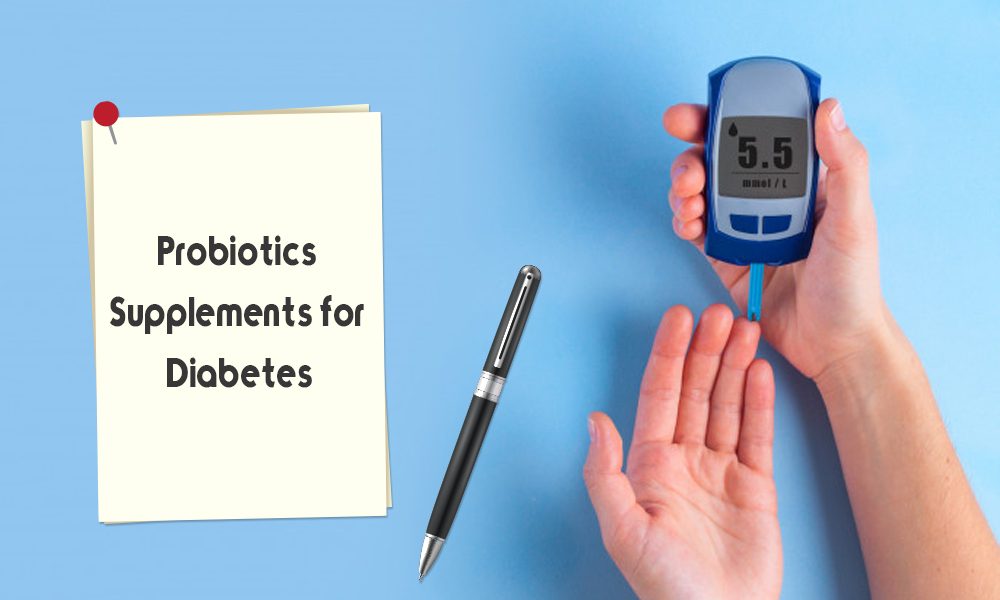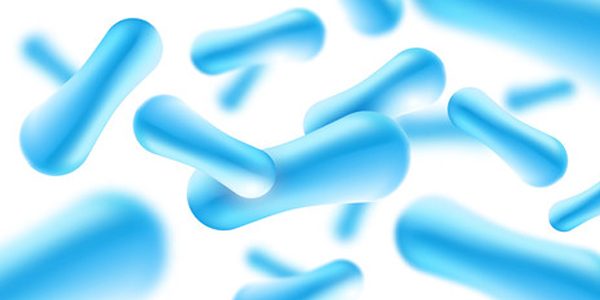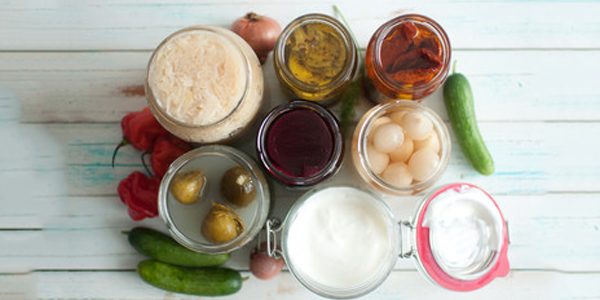Did you know there are about 39 trillion bacteria in the human body? This can be terrifying, but it’s true. The human gut contains 10 times more microorganisms than all the human cells in the whole body, with more than 400 different bacterial species. Indeed, you could say that we’re more bacterial than we are human. Consider that for a moment.
The human body contains both good and bad bacteria. The bad, harmful bacteria cause various illnesses to the body whereas the good bacteria play a major role in health promotion. One such good bacteria is known as probiotics.
Probiotics are healthy bacteria that line the digestive tract, the skin, genitals, and more; Probiotics help improve our immune function, reduce inflammation, promote healthy digestion, candida, gastritis, bloating, liver health and are very useful in several other health conditions these microorganisms offer protection from harmful bacteria just as existing good bacteria in the body already do.
They also improve our immune function, reduce inflammation, promote healthy digestion, prevent candida, gastritis, bloating, maintain liver health and are very useful in several other health conditions.
But there can be an imbalance in the levels of probiotics due to various reasons. It can be unhealthy food you eat or your lifestyle.
In order to compensate for the imbalance, probiotic supplements are used. These supplements contain
- lactobacillus
- Bifidobacteria
- Saccharomyces boulardii
- Bacillus coagulans
It is advisable to consult a doctor before you take any supplements as some may react to them.
There are other natural food supplements that contain probiotics such as
- Yogurt
- Fermented cheese
- Keifer
- Pickles
- Buttermilk
- Sauerkraut
- Tempeh
- Kimchi
- Miso
- Kombucha
Adding these to your diet can promote a healthy gut, which recently has been shown to help physical and mental health.
But What Does Probiotics Have to Do with Diabetes?
A recent study shows improvements in insulin resistance in type 2 diabetes patients on taking probiotic supplements. It was recorded that lactobacillus, acidophilus and L. casei improved insulin and glucose tolerance.
Also, there was a
- drop in total cholesterol and triglycerides (blood fats)
- higher HDL (“good”) cholesterol
- lower blood pressure
when type 2 diabetes patients were C. ficifolia (a type of pumpkin), C. ficifolia and probiotic yogurt, or simply dietary advice.
If you decide to take probiotic supplements for diabetes after doctor’s advice, choose the one that has a “USP Verified” seal, also the one that has at least 30billion CFUs (Colony Forming Units).
Even the natural probiotics supplements for diabetes may show hazardous reactions in people with an overgrowth of yeast, small intestine bacterial overgrowth, or a compromised immune system.
Both natural and probiotic supplements for diabetes have their own positive and negative side effects, So it is always advisable to consult a doctor before you start taking probiotics supplements for diabetes. Make sure you keep a record of your blood sugar level to see if the probiotics supplements for diabetes or the food have control over diabetes.



















